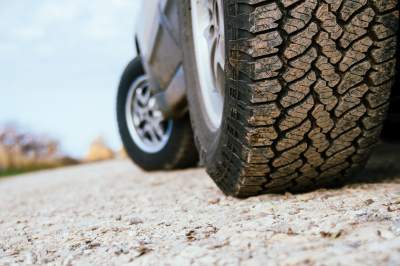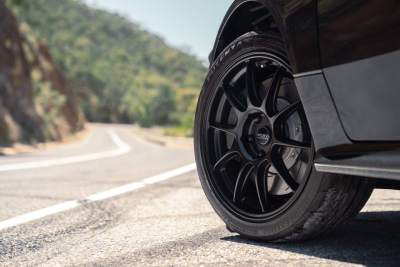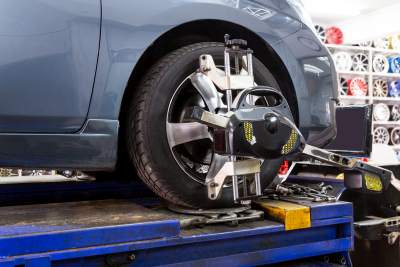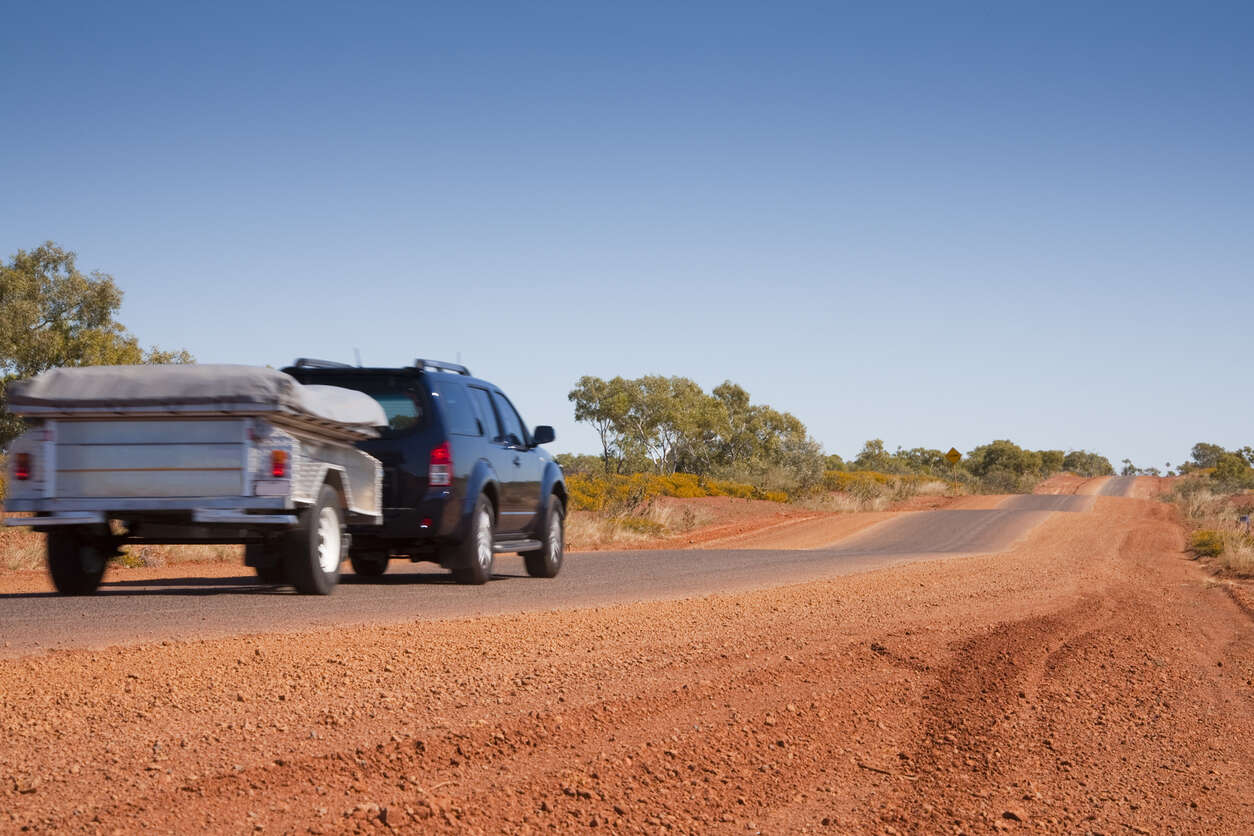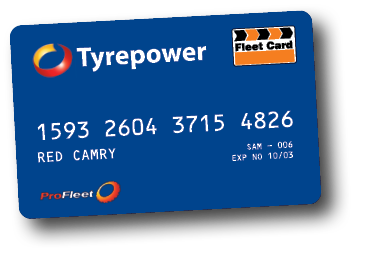With the end of year approaching, many Australians are preparing to take a driving trip over the summer holidays, however if you are travelling on open country roads there are a few things to be aware of.
Driving on country roads can be very different to the conditions you experience in city traffic. While there may be less cars on the road when you travel into rural and regional areas, there are other factors to take into consideration throughout your journey.
Plan the trip and know your route
Often travelling out of the city means mobile phone/cell service will be reduced. This means in some instances you won’t have the luxury of relying on your phone-based GPS unit to direct you, or call for assistance if you run into trouble.
By planning out your trip before you leave home, you can avoid things like running out of fuel, becoming stranded with a flat tyre, or getting lost.
Before you leave home review the route you will be taking on your journey. Learn how far it is, where each main town and petrol stations will be, and the overall time it will take to reach your destination. Also plan out plenty of rest stops, and factor in how long it will take you to travel between each rest stop.
Travelling while fatigued is very dangerous to both yourself and other road users. If you are travelling with a friend or companion, divide the trip up evenly between both of you to allow ample rest for each driver.
What road surface will you be travelling on? If the roads are unsealed, gravel or dirt you may need to prepare your vehicle appropriately and adjust how you drive.
Try to reach your destination while it’s still light
You may also like to plan to reach your destination (or an overnight stop) before nightfall, as driving in the dark or in poor visibility due to weather, can be dangerous.
If you must drive during the night or in poor visibility, reduce your speed, drive with caution, and ensure your vehicle’s headlights and rear lights are switched on. Headlights should also be used between sunset and sunrise, in fog and in rain.
Be wary of wildlife, as many Australian animals are on the move at dusk, and may stray onto the road in front of you. According to www.allianz.com.au if an animal crosses your path, do not react by swerving your car. Brake gently and wait for the animal to pass before proceeding with caution.
When travelling on open roads at night time, you may need to use your high-beam headlights if the road is poorly lit. Remember to switch to low beam when passing oncoming traffic from as far as 200 metres away. Similarly, you must dip your headlights when travelling less than 200 metres behind another vehicle.
Don’t drive while you would usually be asleep
Don’t drive at night, straight after work or at times when you are usually asleep, as this can mean you’ll be prone to fatigue or not as alert as you would normally be during daylight hours.
Likewise, it is important to have a good night’s sleep before heading off on a long road trip. So get to bed early the day before you know you’ll be travelling on the country roads on a long drive.
Be prepared to travel amongst other vehicles
When travelling on highways, you will often be travelling at high speeds amongst other vehicles – including large trucks. It’s important to be patient and very careful when overtaking or changing lanes on these roads.
Overtaking lanes are provided on some major rural roads, however you should allow plenty of time and space when overtaking large vehicles in all instances. If you are unsure if there is enough room to overtake, then do not proceed. If you have doubts, you are better off waiting until there is a clear and safe opportunity to overtake.
Leave home well prepared
Before you set out on a trip on country roads, be sure to have your vehicle checked over by a professional, such as a Tyrepower store. This will ensure your car is well equipped to driving in the conditions presented by country roads.
Don’t leave home without ensuring your vehicle is in a good condition to travel out of the city on a long trip.
To find your local Tyrepower store, visit www.tyrepower.com.au/stores and enter your location on the map.





















